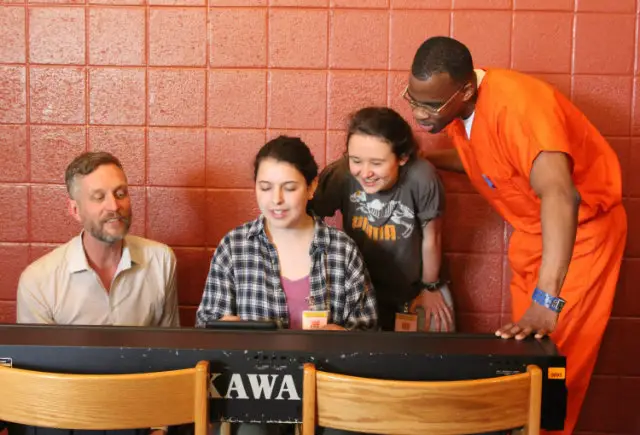A non-profit organization has pledged nearly $5 million to launch an initiative to bring systematic changes to higher education in prison.
Under the new initiative, Ascendium Education Group, a loan guarantor and education philanthropy nonprofit, will “build the relationships and infrastructure necessary for broad, systemic improvement.”
The initiative will work on developing high-quality instruction, providing maximum student support and extend several resources that help them achieve their academic and career goals.
As part of the initiative, the Iowa Department of Education, along with the Iowa Department of Corrections, Des Moines Area Community College, Iowa Central Community College and the University of Iowa, will work on plans for expanded post-secondary education options that are workforce relevant and support varied academic and career goals.
“The goal of the initiative is systems change. That’s why collaboration between state corrections departments, individual facilities and postsecondary providers was a key eligibility requirement for grant applicants,” Ascendium Vice President of Education Philanthropy Amy Kerwin said.
The Minnesota Department of Corrections will collaborate with the University of Minnesota, Inver Hills Community College, Dakota County Technical College, and Augsburg University, to support preparations to launch their “College at Prison” that will offer courses at all prison facilities in Minnesota.
The initiative will also bring together key stakeholders in an effort to coordinate and align the educational offerings of 47 college and vocational programs operating across 30 prisons in New York. It will eliminate programmatic gaps, increase transferability and ensure broad access to high-quality postsecondary education across in New York facilities.
“We believe that refining systems and institutional policies and practices to better meet students’ needs could ultimately lead to increased access, higher credential completion rates, smoother college transfers and more meaningful employment opportunities on reentry into the community,” Kerwin added.
Report Urges Greater Higher Education Opportunities for Inmates

